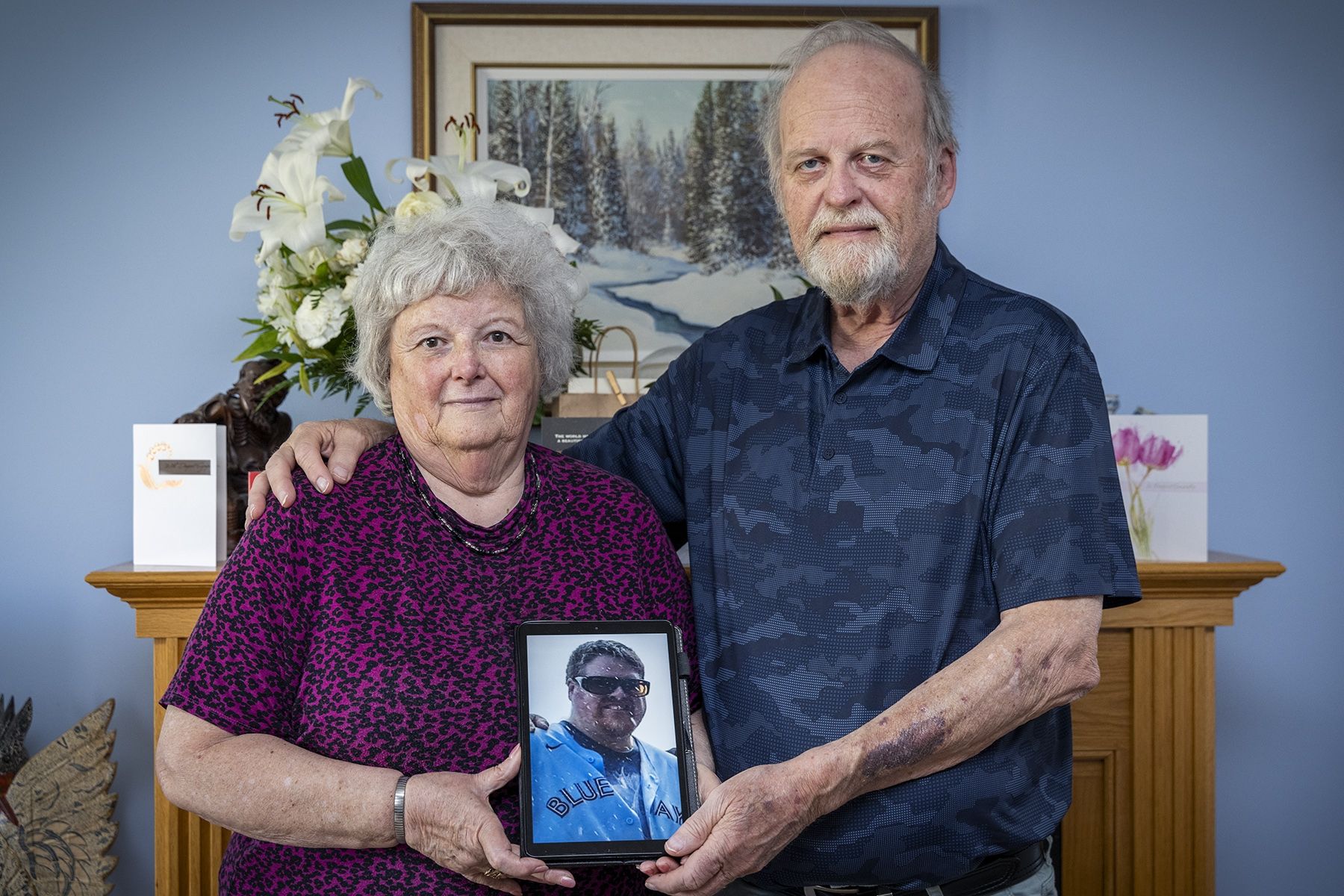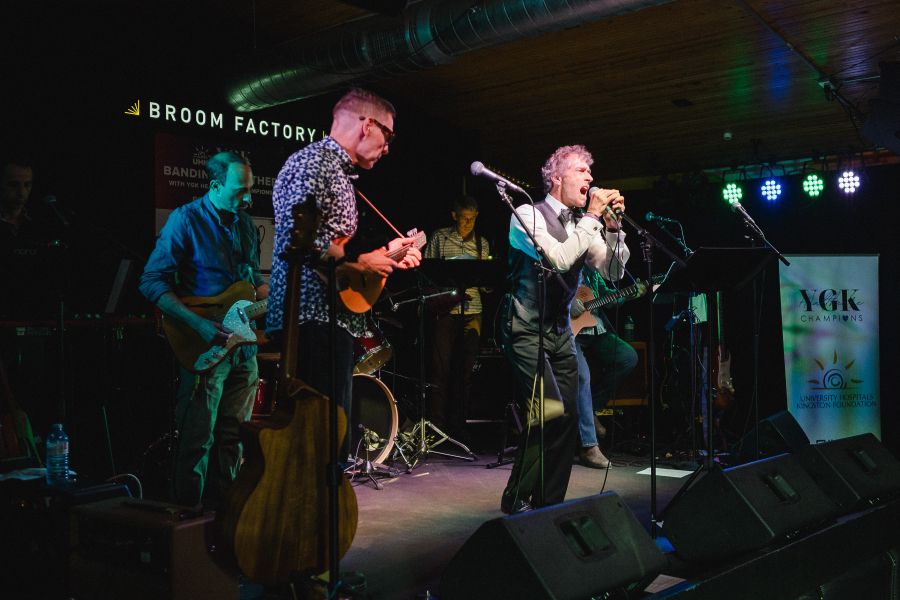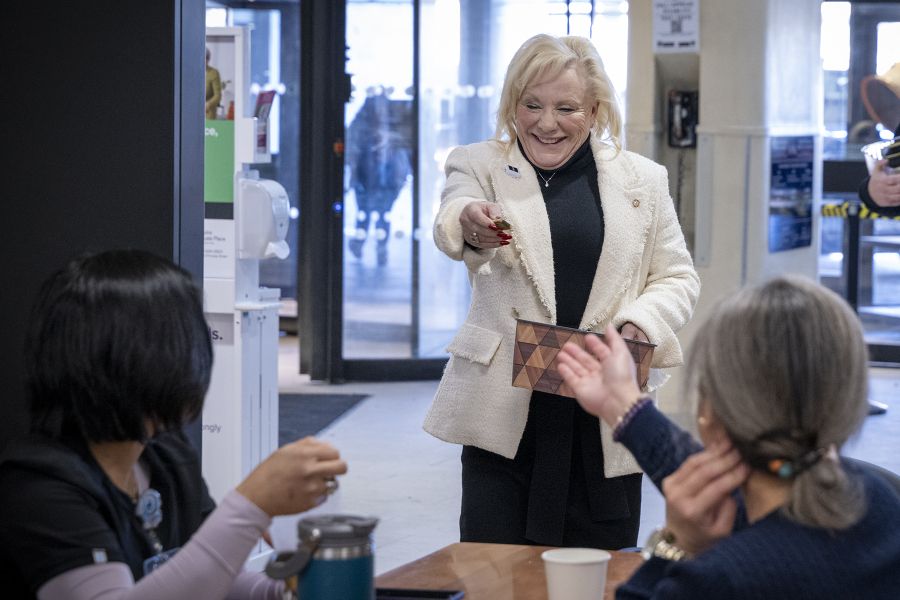
Early on May 7 at Kingston Health Sciences Centre (KHSC), Robert Louis “Robbie” Sherren became the first adult heart donor in Canada to donate after circulatory death, which happens when a person’s heart permanently stops beating.
“Robbie was a giver and always gave what he could,” says Lorraine Sherren, Robbie’s mother. “We are delighted for Robbie, knowing his generous heart will live on and his gift may pioneer a new way of making more heart donations available to those in need.”
Before Sherren’s historic gift, only heart donations after brain death were possible in Canada. In these cases, heart function can be preserved with machines until the organ is removed and placed in cold storage.
In Robbie’s case, he sustained a devastating brain aneurysm from which he could not recover, and his family made the difficult decision to stop life-sustaining therapies and allow a natural death. Typically in these situations, there is too much tissue damage to the heart and donation is not possible.
New processes and technology have made heart donations like Sherren’s possible in Europe and the U.S. for several years, and now the Sherren family has opened the door for this type of donation to be possible in Canada.
“Once we learned of this extraordinary opportunity, our care teams from the intensive care unit, echocardiography, cardiac procedures unit and our operating rooms pulled together to help fulfil the family’s wishes within 24 hours,” says Dr. Gordon Boyd, an intensive care unit doctor at KHSC. “It was a remarkable experience, one that none of us will forget.”
The effort also included a U.S. surgical team that came to KHSC with a special perfusion machine, currently not available in Canada, to transport the heart back to the U.S. for transplant.
The machine makes it possible to extend the length of time between organ retrieval and transplantation by restarting the heart and keeping it beating and warm in a carrying box.
“Robbie’s significant donation is helping us cope with our grief, especially when we learned the heart transplant was a success,” says his mother. “It’s comforting to know his spirit of giving will go on in this way.”
The Sherrens are no strangers to giving of themselves. Mrs. Sherren is a living kidney donor for her husband Derk, while Robbie was an enthusiastic blood donor.
Having experienced the benefits of organ donation firsthand Derk says, “Everyone should register to be donors of any kind if they can.”
Sherren’s mother recalls Robbie registering to be a blood donor as soon as he turned seventeen, the youngest a donor can be. Over the next 23 years of his life, he would donate 121 times.
“He would give as soon as he could. That was Robbie.”



